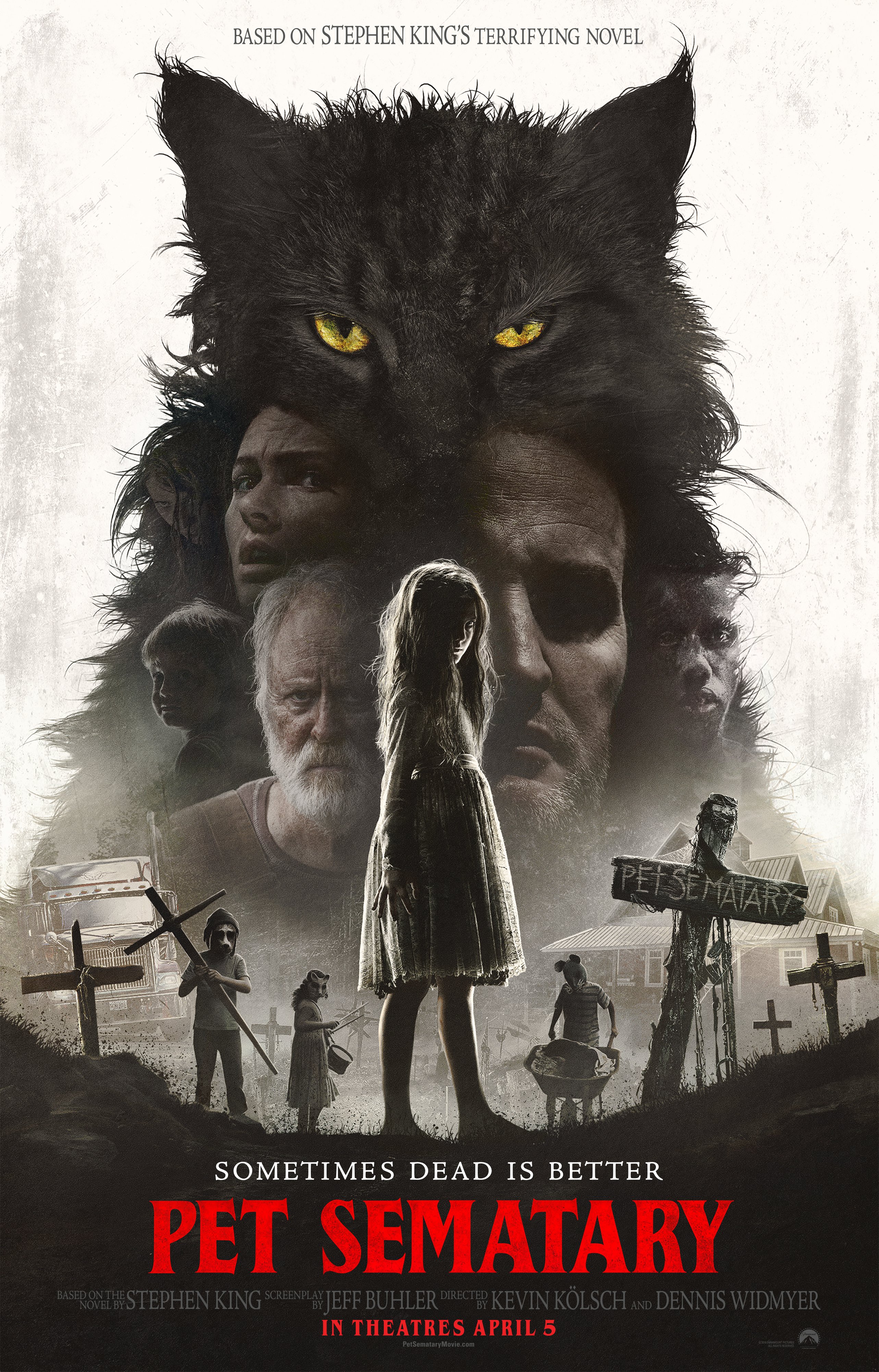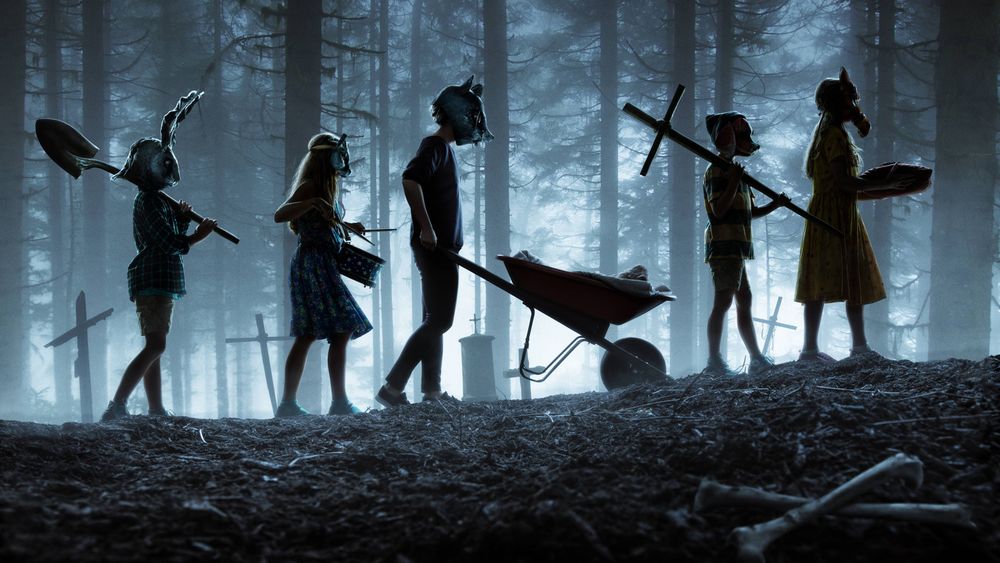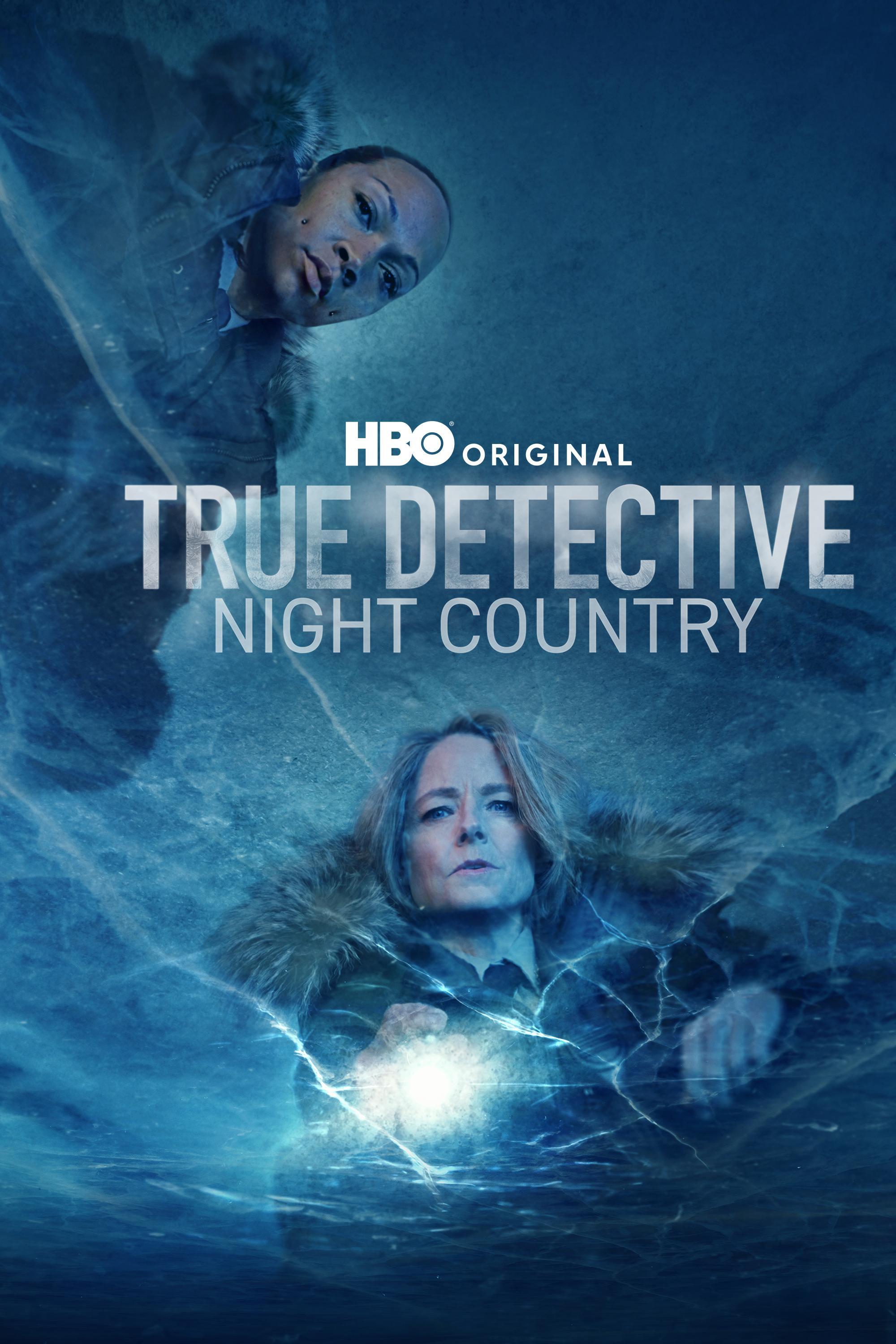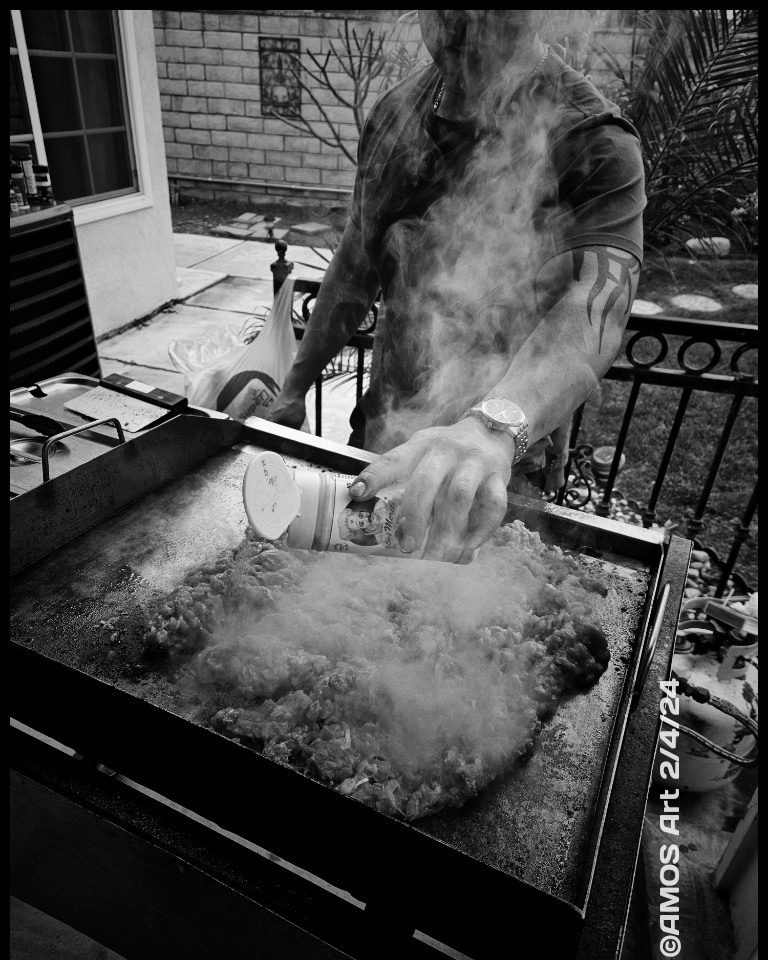 A weak and unsatisfying script wastes strong performances and high production values in a wayward and manipulative remake of a Stephen King horror classic.
A weak and unsatisfying script wastes strong performances and high production values in a wayward and manipulative remake of a Stephen King horror classic.
Way back in the Dark Ages–also known as 1983–Stephen King wrote a haunting, complex, and downright creepy book about grief, death, and madness called Pet Sematary. It was made into a truncated and pretty darn cheesy movie in 1989 that reduced this surprisingly challenging novel to smarmy drive-in movie status (no offense, Joe Bob), but managed to appealed to the popular imagination enough that some key moments from the movie–the scowling little boy with the scalpel, the evil, mud-slathered cat, the latter-day Herman Munster intoning “Sometahms, Dead is Bettah”–persisted for decades.
So you can understand Paramount Studio’s desire to dip into that well again, especially in this, The Year of Stephen King (it’s literally hard to keep track of all the King and King Family-related projects that are premiering in the next few months and more are being added almost daily). What we are presented in the new Pet Sematary adaptation, however–in a script from Matt Greenberg and Jeff Buhler, directed by Kevin Kolsch and Dennis Widmeyer–is a disjointed, confused and pointlessly manipulative mess that wastes some beautiful cinematography and sound editing, as well as the considerable acting talents, most notably young Jeté Laurence and national treasure John Lithgow.
Only the barest bones of the original story are still visible. Pet Sematary tells us about the Creed Family–Lewis the doctor dad, Rachel the wife with no visible career or friends, tennish-year-old Ellie and three-ish-like Gage, who move into a big ol’ house on the edge of the forest near the college town of Ludlow, Maine. Shortly after their arrival, they discover a homegrown cemetery for pets in the land behind their home; soon their new next door neighbor Jud Crandall eventually shows them the cemetery beyond the cemetery, where the animals that are buried in that “sour earth” come back to life…but when they do, they come back real mean. Then when one of the Creed children dies in a horrible highway accident…and one of the Creed parents wants that child back, no matter what the cost…and bad things begin to happen.
And that’s the extent to which the new Pet Sematary resembled the original book or even the dated but well-intention adaptation of 1989. This time, it feels as if Kolsch and Widmeyer took that single-paragraph SparkNotes version of the story and made their own damn movie, filled with sloppy jumps, inexplicable actions by key players, and cliched horror tropes that are both unnecessary and even a little insulting to horror fans in general and King fans in particular.
It’s not that filmmakers can’t deviate from the plot of the source material, even when the source is a beloved 45-year-old classic like Pet Sematary. Everything from Hamlet to Sherlock Homes to friggin’ Battlestar Galactica have seen remakes or reinventions that match and often transcend the source material. This year alone, horror standards like Shirley Jackson’s The Haunting of Hill House and even new stories set in King’s own country, Castle Rock, have proven than reboots can be “bettah,” too. But whether you take this new Pet Sematary as an adaptation of the novel or as a horror movie all on its own…no. It doesn’t make sense, the characters don’t act in a sympathetic or even understandable way, and many of the plot variations are unnecessary and inexplicable. They seem to be there only because they’re different than the plot or twists in the original material–not better or clever, just different—and the result makes new and established fans unsatisfied and even a little cranky, just like a newly dead-and-resurrected kid who’s been brought back from the grave for no damn good reason.
Despite a huge marketing effort and some very positive early buzz, post-premiere comments about Pet Sematary haven’t been kind. Both Metacritic and Rotten Tomatoes are showing less than enthusiastic critical reviews and fan reactions that fall below the 50% mark. Expectations were high; results were disappointing and nobody’s happy.
Just don’t blame the actors. They did their best, and some actually delivered very impressive performances (watch for that little girl, Jeté Laurence, wherever she shows up next. And then there’s John Lithgow. Need we say more?). They were forced to make some very dumb decisions, and they did their best. And don’t blame the production designers, cinematographers, or sound and film editors. This is an undeniably beautiful film, by horror and non-horror standards. No: blame the script and the directors, who really didn’t seem to give a crap about making sense or engaging the audience, and slapped in JUMP SCARES to replace actual human characters, a coherent plot, rising suspense, or even an effective sense of dread.
Everybody involved, from King to the actors to the folks behind the camera, deserved better.
Brad Munson is co-host of the podcast The Dark Multiverse of Stephen King, available now or iTunes or through your favorite podcast supplier. And he’s much funnier than this most of the time. Really.






